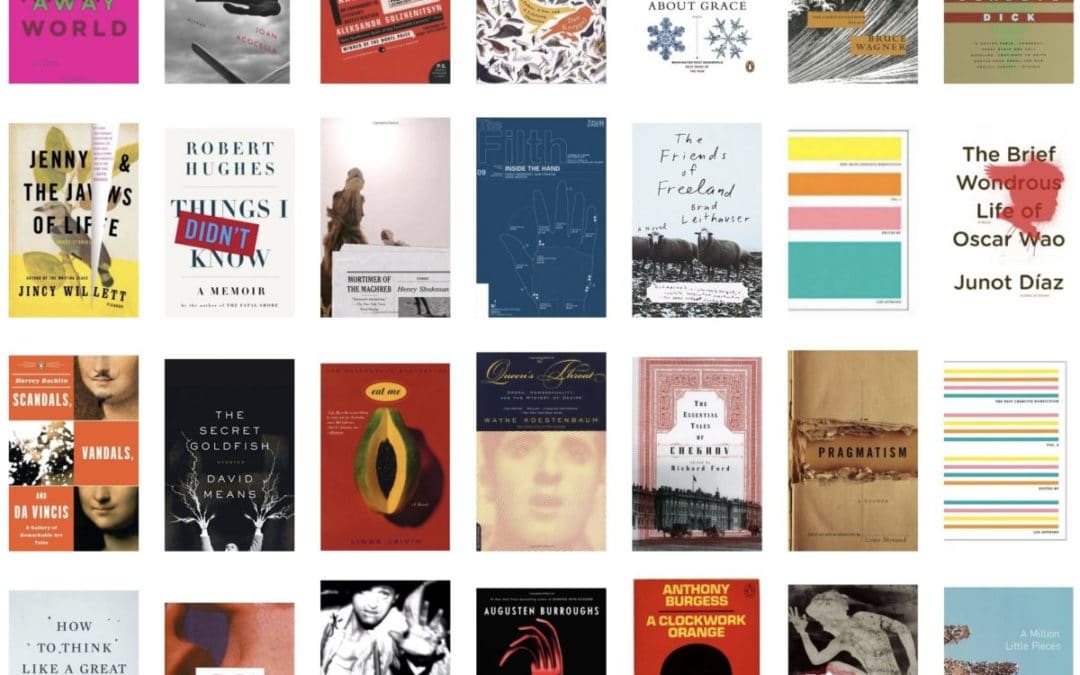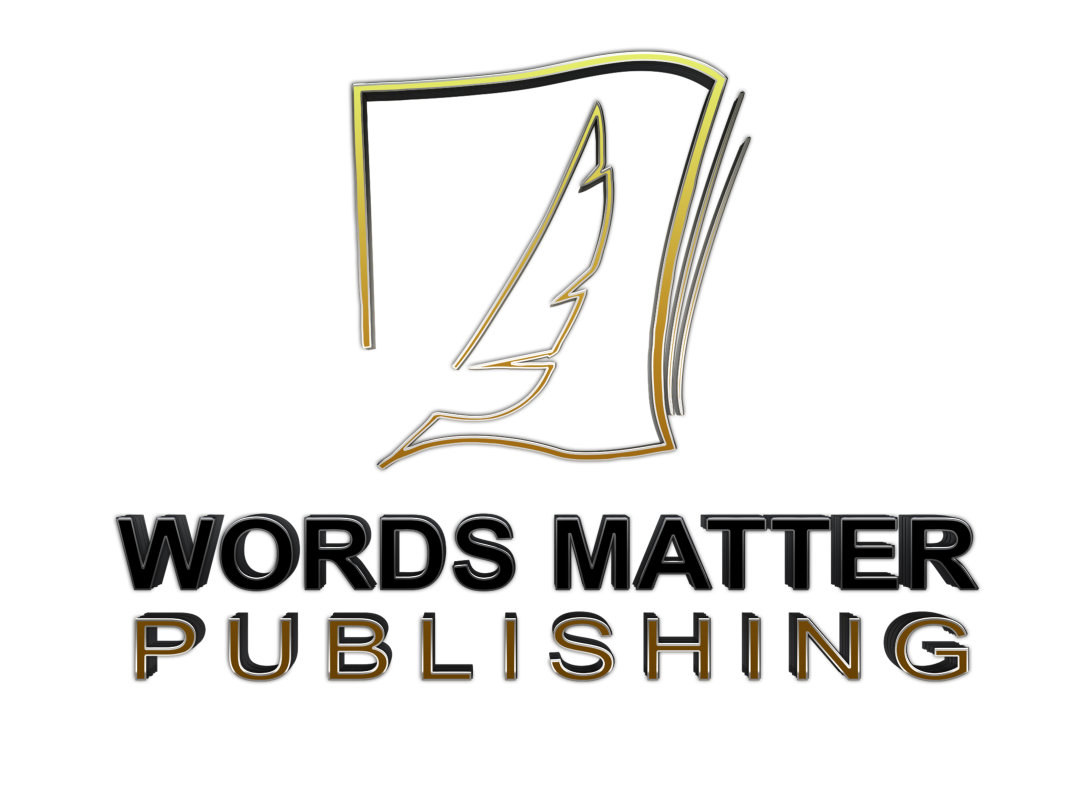
Introduction: “Don’t judge a book by its cover” is a familiar saying, but the truth is that the cover plays a pivotal role in capturing a reader’s attention and enticing them to explore further. In the competitive world of publishing, a well-designed cover can make all the difference. In this blog post, we delve into the importance of cover design and how it impacts the success of your book.
- Grabbing Attention: In a sea of books, a captivating cover acts as a beacon, drawing readers’ eyes and piquing their curiosity. It serves as a crucial tool for grabbing attention and standing out in a crowded marketplace. A well-designed cover immediately communicates the genre, tone, and essence of your book, compelling potential readers to pick it up and explore further.
- Creating an Emotional Connection: Cover design goes beyond aesthetics; it has the power to evoke emotions and create a connection with readers. The visual elements, color scheme, typography, and imagery work in harmony to convey the mood, themes, and atmosphere of your book. A cover that resonates emotionally with your target audience can ignite their curiosity and desire to delve into your story.
- Reflecting the Book’s Content: A well-designed cover accurately represents the content within. It should provide readers with a glimpse into the world you’ve created, giving them a sense of what they can expect. Whether it’s a bold and adventurous design for a thrilling adventure or a serene and contemplative cover for a literary novel, the cover should align with the book’s genre, themes, and intended audience.
- Differentiating Your Book: Cover design plays a crucial role in setting your book apart from the competition. It helps establish a unique visual identity that distinguishes your work from others in the same genre. A distinctive and well-executed cover design can make your book instantly recognizable, allowing it to stand out on bookshelves, online retailers, and social media platforms.
- Professionalism and Credibility: A professionally designed cover lends credibility to your book and signals to readers that it has undergone careful consideration and attention to detail. A poorly designed cover can deter potential readers, as it may give the impression of an unprofessional or amateurish product. By investing in a high-quality cover design, you demonstrate your commitment to delivering a polished and professional reading experience.
- Consistency in Branding: For authors with multiple books or a series, cover design becomes an essential element in establishing a cohesive brand. Consistency in cover design across your body of work builds recognition and loyalty among readers. A consistent visual identity can generate anticipation and excitement for future releases, as readers associate your unique design style with your engaging storytelling.
- Marketing and Sales Impact: An attractive cover design can significantly impact the marketing and sales of your book. It serves as a powerful marketing tool, attracting potential readers and increasing the likelihood of a purchase. A visually appealing cover shared on social media, displayed in bookstores, or featured in online retailers’ promotional spaces can generate interest, leading to increased visibility, higher sales, and positive word-of-mouth recommendations.
Conclusion: While the saying “Don’t judge a book by its cover” may hold some truth, the reality is that cover design plays a crucial role in capturing readers’ attention and enticing them to explore further. A well-designed cover can convey the essence of your book, evoke emotions, differentiate your work, and contribute to its overall success. By investing in a compelling and professional cover design, you can increase your book’s chances of standing out, engaging readers, and leaving a lasting impression.








